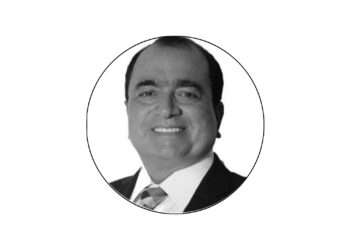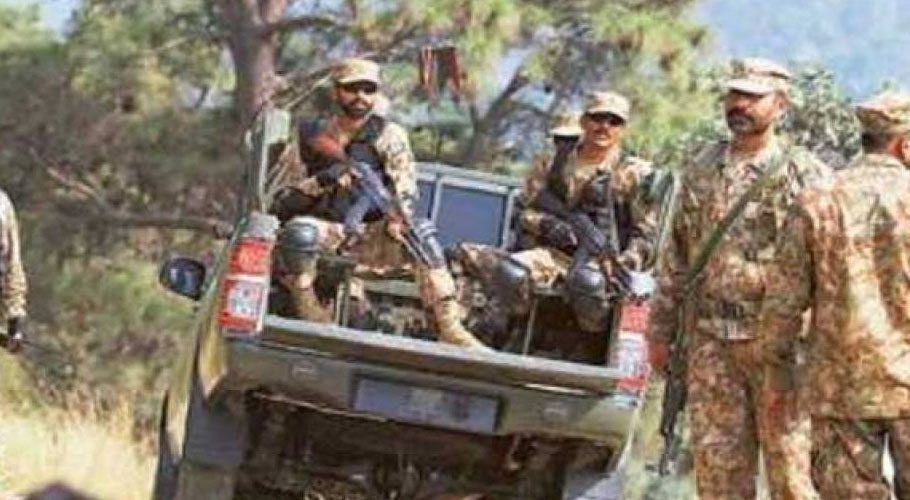It’s been nearly a year since I grew utterly disillusioned with our country’s political system and quietly distanced myself from internal politics. I ceased lengthy political posts on Facebook and limited my Twitter account to sharing only my weekly columns. However, reader demand surged, prompting me to reluctantly pen a mandatory column on internal politics, fulfilling the request.
Even as the return of PML-N’s Nawaz Sharif and the announcement of election dates unfolded, I remained disengaged. Throughout the election campaign and even on February 8, the topic didn’t stir any significant response from me. My focus over the past year has shifted to world politics, social issues, academic discourse, and comics. But why this detachment? Why did our hopes in national politics fade?
We all recall how Imran Khan was thrust into the political arena through coercive means. The 2018 elections and their aftermath are etched in our memories. It seemed the establishment replaced established political entities with a neutral figurehead. The expectation was for political parties to democratically remove this hybrid regime and steer the country back onto the democratic path. They succeeded in doing so within three and a half years. However, their mistake was assuming power temporarily instead of swiftly calling for new elections.
I was initially supportive of this decision, as it aimed to stabilize the faltering economy and pave the way for timely elections. However, within months, it became evident that the PDM government was timid and beholden to military figures. Reports circulated about the Shehbaz government banking on General Bajwa’s retirement to magically fix the nation’s woes. But with the departure of General Bajwa came a new apprehension—the fear of Justice Bandyal and associates. Thus, the cycle of waiting continued.
The problems left unresolved by the previous government only worsened, with escalating inflation and economic hardships for ordinary citizens. The decision to delay elections was seemingly strategic, given the poor performance and public sentiment. Simultaneously, there was apprehension surrounding Imran Khan’s criticism of the military leadership, which went unchallenged.
The attack on military installations on May 9 further exacerbated tensions. Instead of a swift, impartial trial, political interference ensued, diverting attention to Imran Khan and the PTI. This shift in narrative gradually eroded sympathy towards the institutions.
In this tumultuous landscape, the silence of political parties was deafening. Ordinary citizens, whose lives were most affected, also seemed apathetic. It was at this juncture that disillusionment set in, and I found myself indifferent to national politics.
I gathered my three sons, reflecting on our family’s generational hopes for the country. I recounted how my father witnessed the birth of Pakistan with dreams of a prosperous future. I, too, had dreams in my youth. But now, at 55, I see those dreams shattered. I lamented that our country seems to be controlled by a select few—politicians, generals, judges, and bureaucrats—leaving little hope for ordinary citizens.
I encouraged my sons to consider their future carefully, acknowledging the uncertainties and limitations imposed by the current system. Despite our disappointment, my wife and I choose to stay, resigned to spending our remaining years here.
We’ve read extensively, gaining insight into the downfall of nations. When both the populace and leadership become apathetic to their problems, destruction looms. The recent election results reflect a populace more interested in fulfilling politicians’ desires than addressing pressing issues. In such a climate, it’s futile to write political columns or curse the system. Instead, we’ve chosen indifference, a silent protest against a broken system.






























